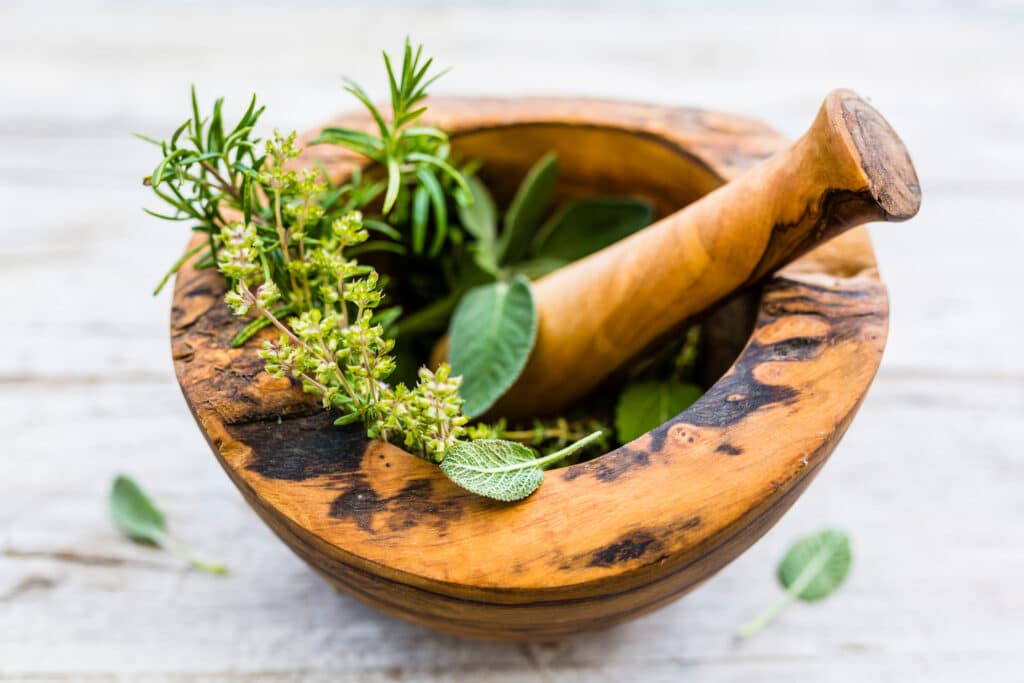
All of us have an immune system that is made up of organs and cells. The job of these organs and cells is to protect our bodies from infections, viruses, parasites and cancer cells. Unfortunately, sometimes this system decides to go haywire and instead of protecting us, it actually attacks our body instead.
The autoimmune conditions with which we are most familiar are rheumatoid arthritis, Crohn’s disease, ulcerative colitis, but there is also psoriatic arthritis, Sjorgen’s, celiac disease, and lupus. Autoimmune conditions can affect any system in the body and autoimmune conditions of the endocrine system include Graves disease, Hashimoto’s thyroiditis, and Addison’s disease. Guillain-Barre syndrome and multiple sclerosis are examples of autoimmune conditions that affect the nervous system.
To add to the misery of having an autoimmune condition there is no short list of symptoms. Depending on the condition, one may experience pain, tiredness (fatigue), rashes, nausea, headaches, dizziness and more. This is because specific symptoms depend on the exact disease. Unfortunately, autoimmune diseases are more common in women than men and the medical world is still at a loss as to what precisely causes a person’s immune systems to run amok. Some risk factors include a family member with an autoimmune condition, being female, obesity, and infections.
Having got a diagnosis of an autoimmune disease, the first reaction is usually one of shock, as well as the realisation that life will never be the same. This is because there is no cure, and the symptoms have to be managed. To add to the distress, there is no magic bullet how one can do this, as each person’s situation is unique, and it is through trial and error that one achieves a certain balance in managing one’s condition.
From my perspective, the symptoms that cause the greatest distress are pain, fatigue, and the constant anxiety that accompanies the diagnosis. Treating autoimmune conditions is a multi-pronged affair and involves exercise, dietary advice, acupuncture, herbs, acupressure, Qi gong, Tai chi, yoga, and exercise as well as conventional medication and advice.
The herbs I prescribe, depend on the personal story of each patient, and are designed to ease the symptoms but also to build energy, and reserves in a person. The gut is the most important part of the body to improve, as an unhealthy gut microbiome will affect the entire system. Herbs that benefit the gut are chamomile and fennel, while curcumin and ginger are anti- inflammatory. A healthy gut will also help with anxiety and this in turn will lead to better sleep.
All in all, a diagnosis of an autoimmune disease is a life changing event, and it is vital that a multi-pronged approach is taken from the very beginning.



